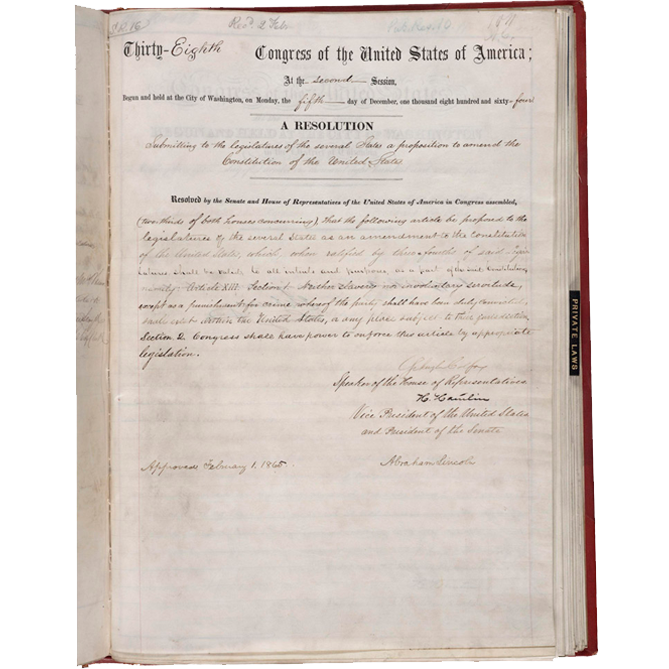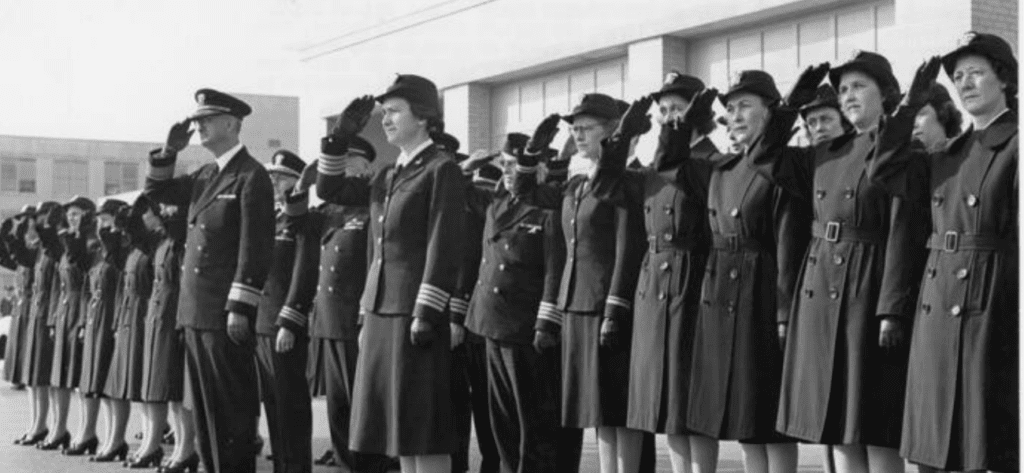On December 6, 1865, slavery throughout the United States became illegal when Georgia ratified the 13th Amendment to the Constitution.
Four years earlier, however, Congress had passed a different 13th Amendment, stating, “No amendment shall be made to the Constitution which will authorize or give to Congress the power to abolish or interfere, within any State, with the domestic institutions thereof, including that of persons held to labor or service by the laws of said State.” Fortunately, only two states ratified it, and in the meantime, 11 states seceded from the Union.
Two years later, the nation moved in the opposite direction, towards abolishing slavery, when President Abraham Lincoln issued the Emancipation Proclamation. However, its effect was limited as it didn’t extend emancipation to those in the border states or in those parts of the Confederacy that had already come under Union control.
Finally, on January 31, 1865, Congress passed a new 13th Amendment, which stated, “Neither slavery nor involuntary servitude, except as a punishment for crime whereof the party shall have been duly convicted, shall exist within the United States, or any place subject to their jurisdiction.” This new version was approved by President Lincoln the following day and quickly ratified by 18 of the necessary 27 states within a month, but stalled with the assassination of President Lincoln in April of that year.
Finally, in December 1865, Georgia became the 27th state to ratify the amendment, fulfilling the requirement that three-quarters of the states approve of a Constitutional amendment.

Download a high-resolution version of the 13th Amendment from the National Archives’ online catalog.
In celebration of the anniversary of the enactment of the 13th Amendment, California’s Certificate of Ratification was on display in the “Featured Documents” exhibit in the East Rotunda Gallery of the National Archives in Washington, DC, from December 3, 2015, through January 6, 2016.
Click here to read all 27 ratified amendments to the Constitution.




